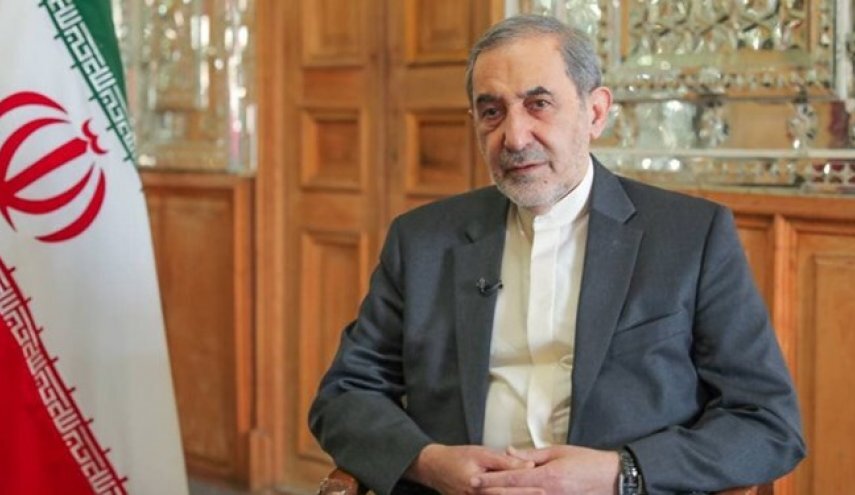Iran reiterates need for protecting political geography in Caucasus

TEHRAN – A senior Iranian official has underlined the need to protect regional borders in the South Caucasus region, saying Iran will not accept any changes in that regard.
The official, Ali Akbar Velayati, who is an advisor to the Leader of the Islamic Revolution on international affairs, made the remarks in a meeting with former member of Russian State Duma Sergey Nikolayevich Baburin.
Velayati and Baburin discussed a number of issues. As regards the situation in the South Caucasus region, Velayati echoed remarks by Ayatollah Khamenei, saying, “The Islamic Republic of Iran would not accept any change in the current boundaries. Undoubtedly, the regional security must be maintained.”
In a July meeting with Russian President Vladimir Putin, Ayatollah Seyed Ali Khamenei said that Iran will not tolerate any change in the Iran-Armenia borders.
“The Islamic Republic will not tolerate policies or plans that lead to the closing of the Iran-Armenia border,” he said at the time.
Ayatollah Khamenei reiterated this position in a separate meeting with Turkish President Recep Tayyip Erdogan. Expressing his satisfaction with the return of Karabakh to Azerbaijan, Ayatollah Khamenei stated, “Of course, if there is a policy intended to block the Iran-Armenia border, the Islamic Republic will oppose it, for this border has been a connecting route for thousands of years.”
Velayati also pointed to the war in Ukraine, saying the U.S. and NATO are the main culprits for the spread of clashes, according to Tasnim. “The contemporary world is not unipolar anymore. It is highly important for independent states to be careful about their (Western) infiltration into the region.”
Velayati examined the roots of the Ukraine war in an interview with khamenei.ir last August. “One of the agreements between NATO and Russia after the collapse of the Soviet Union was the agreement to the non-membership of the countries separated from the Soviet Union in NATO and the preservation of the buffer zone between the Soviet Union and NATO. NATO did not respect this at all. It got to the point where there was news of a confrontation between the Russian and NATO air forces over the Baltic Sea and other neighboring areas every day,” he said in the interview. “In addition, European and American interventions in the domestic affairs of Ukraine led to numerous coups until a government that was affiliated with the West was established. At the same time, the request for Ukraine's membership in NATO was raised with the support of the European Union and the United States. This was in direct conflict with the agreements made between Russia and NATO. Well, Russia has repeatedly stated that its red line is the non-closeness of NATO to its borders. This is the same concern that the United States has about
its borders right now, and we see pressure being brought on the countries in the region of Caribbean.”
He noted, "Of course, NATO forces were ready for war before the Russian forces were. The existing preparations and arrangements that had been made indicated that first NATO had prepared for war and an attack on Crimea so that if the Russian government hesitated, it would have taken the first step by separating Crimea. Then it would have completed the puzzle of weakening Russia in Eastern Europe with Ukraine's membership in NATO. Every war requires some preparations, and NATO had prepared for war before Russia. But Russia's initiative in this matter not only stopped the next steps that were to be taken by NATO and the U.S. with regard to Russia, but it also turned the energy supply for Europe and the United States into their main concern."
